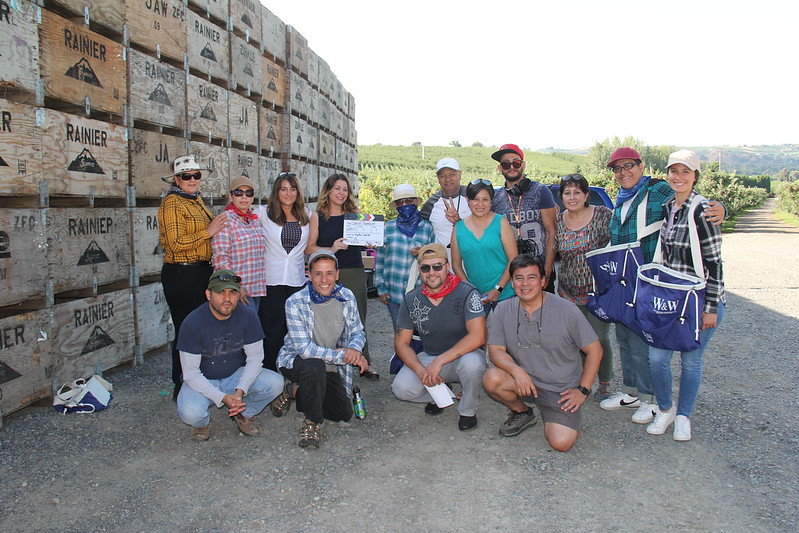Community Engagement
Nitrate Well Water Testing in Agricultural Communities: Improving Environmental Health Communication with Health Behavior Theory
Elevated levels of nitrate in groundwater are a significant public health concern for private well water users, including in the Lower Yakima Valley, which has a large Latino farmworker community. This pilot project developed tailored communication materials on well water testing specifically for this population. Our project was guided by a committee of local stakeholders of the Lower Yakima Valley (LYV) in Washington State, including El Proyecto Bienestar and the Latino Community Fund.
Pilot: Sexual Harassment Prevention
This project was created in response to concerns voiced by farmworker health and social service providers about the occupational health risks of women agricultural workers, as well as increased media and legal attention regarding sexual harassment in the agricultural workplace. The hidden nature of this issue profoundly impacts women’s ability to work safely in agriculture. The agricultural industry also shares its concern about the lack of culturally-appropriate educational resources available to address this problem.
Practical Solutions for Pesticide Safety
Handheld pesticide application takes place in farming and forestry work, and unintentional exposures can be common. Few evidence-based and practical solutions have been developed and shared across these industries.
Project Overview
PNASH works with farmers, educators, and researchers across the Northwest to test and develop solutions originally developed by growers and workers for themselves. We have expanded from our original airblast application systems, to now include handheld and greenhouse applications. Each solution is assessed for the goals:
A Multi-Level Approach to Heat-Related Illness Prevention for Agricultural Workers
Home Air in Agriculture- Pediatric Intervention (HAPI)
Oregon Crab Fisherman Safety and Personal Flotation Device Survey
Pilot: Occupational Safety and Health of Forest Workers
The forest service workforce is a predominately Spanish-speaking and immigrant population that faces language barriers, isolated working environments, and dangerous working conditions. To address the occupational health and safety concerns of this population, this project explored the injuries and illnesses and related medical treatment. The data collected in this project was used to pilot a job health and safety promotora program for forest service workers.

